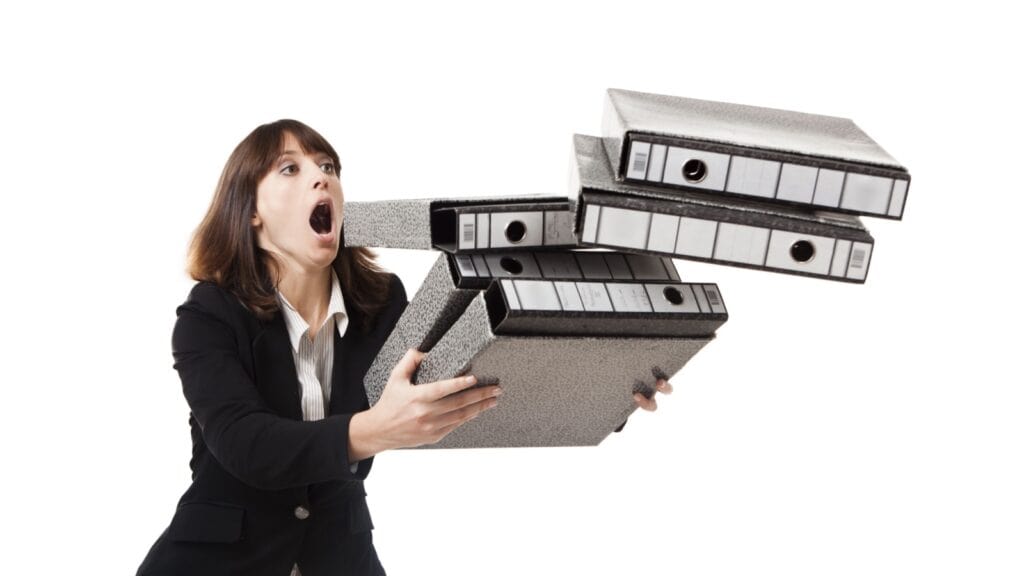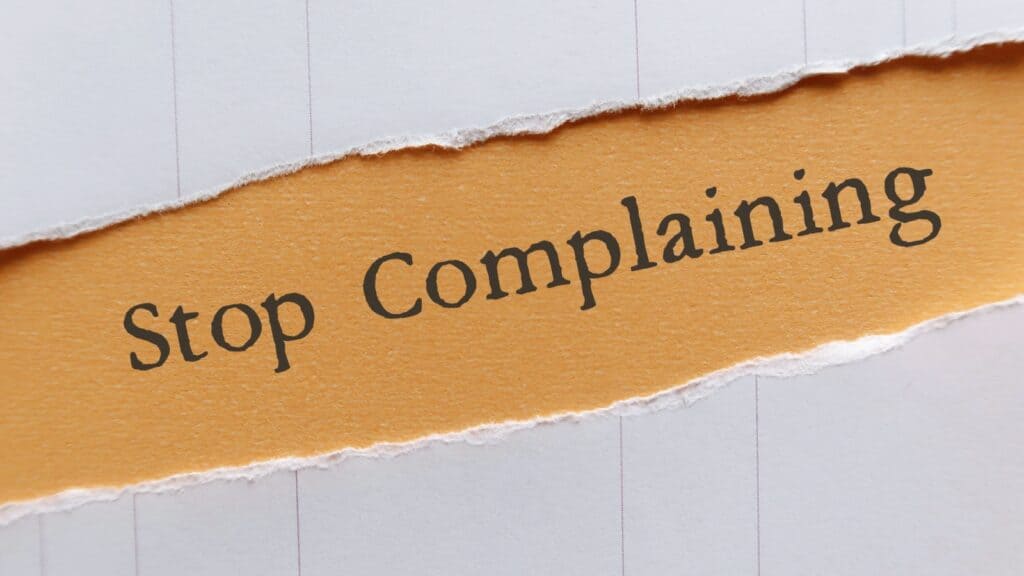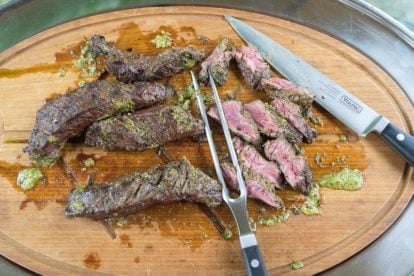English is a vibrant mix of many languages and cultures, and Yiddish—a Germanic language traditionally spoken by Ashkenazi Jews—has left a notable mark on American English. How many of these words have made it into your vocabulary? Do you have a favorite?
Schlep

Schlep means to carry or drag something, often with difficulty. In Yiddish, it is used both as a verb and a noun. In American English, it retains this dual usage, often describing a burdensome journey or task.
Nosh

Nosh refers to eating a small snack or light meal. This word is commonly used in American English to describe casual eating between meals.
Chutzpah

Chutzpah denotes audacity or nerve. While it originally had a negative connotation in Yiddish, in American English, it often carries a more positive sense of boldness or confidence.
Klutz

Klutz describes a clumsy or awkward person. This term is widely used in American English to refer to someone prone to accidents or mishaps.
Oy Vey

Oy vey is an exclamation expressing dismay, frustration, or grief. It is one of the most recognizable Yiddish expressions in American English.
Schmooze

Schmooze means to engage in casual, friendly conversation, often with the intent of networking or gaining favor. It is a common term in American social and professional settings.
Schmuck

Schmuck is a derogatory term for a foolish or contemptible person. In American English, it is often used to describe someone who is inconsiderate or annoying.
Tuchus

Tuchus (or tush) refers to the buttocks. This term is commonly used in American English, often in a playful or affectionate manner.
Shpiel

Shpiel is a long, often rehearsed speech or sales pitch. In American English, it is used to describe any lengthy or persuasive talk.
Mensch

Mensch means a person of integrity and honor. In American English, it is a high compliment, indicating someone who is genuinely good and reliable.
Kvetch

Kvetch means to complain persistently. This term is widely used in American English to describe someone who is always grumbling or whining.
Plotz

Plotz means to collapse or faint from excitement or exhaustion. In American English, it is often used humorously to describe being overwhelmed.
Bubbe

Bubbe is an affectionate term for grandmother. It is commonly used in American English, especially within Jewish families.
Glitch

Glitch refers to a minor malfunction or error. This term is widely used in American English, especially in technology and electronics.
Maven

Maven means an expert or connoisseur. In American English, it is used to describe someone with deep knowledge in a particular field.
Nudge

Nudge means to prod someone gently, often to get their attention or encourage them to do something. It is commonly used in American English in both literal and figurative senses.
Schlock

Schlock refers to cheap or inferior goods. In American English, it is used to describe anything of low quality.
Tchotchke

Tchotchke means a small decorative item or trinket. This term is widely used in American English to describe knick-knacks or souvenirs.
Zaftig

Zaftig describes a woman with a full, rounded figure. In American English, it is often used in a positive, affectionate manner.
The Takeaway

The integration of Yiddish words into American English is a testament to the rich cultural exchange that has shaped the language. These words not only add color and nuance to everyday speech but also reflect the history and experiences of Jewish immigrants in America. As these terms continue to be used and evolve, they serve as a reminder of the enduring influence of Yiddish on American culture.
6 Gas Station Chains With Food So Good It’s Worth Driving Out Of Your Way For

We scoured the Internet to see what people had to say about gas station food. If you think the only things available are wrinkled hotdogs of indeterminate age, and day-glow slushies, we’ve got great, tasty news for you. Whether it ends up being part of a regular routine, or your only resource on a long car trip, we have the food info you need. Let’s look at 6 gas stations that folks can’t get enough of and see what they have for you to eat. Read 6 Gas Station Chains With Food So Good It’s Worth Driving Out Of Your Way For
There Are No Bad Dogs: The Best Tasting Hot Dogs In America

When it comes to quintessential American cuisine, the hot dog stands out as a beloved icon. From the bustling streets of New York City to the sunny shores of California, hot dogs are a staple at cookouts, ball games, and dining establishments across the nation. We have embarked on a flavorful journey to bring you the definitive list of the best tasting hot dogs in America, a guide that will take you through the top-tier franks of the country.
Read: There Are No Bad Dogs: The Best Tasting Hot Dogs In America
Countdown 18 Of The World’s Most Overrated Foods

We all have foods we love and those we avoid. Everyone has their own likes and dislikes, but which foods are the most overrated? This question sparked a lively debate online, generating a variety of opinions. Some made perfect sense, while others were surprising and thought-provoking.
What’s the most overrated food in your opinion?
READ: Countdown 18 Of The World’s Most Overrated Foods
Science Tells Us What To Expect As We Age: Strategies For Thriving In Later Life

that pertain to us all. Aging gradually alters people over decades, a long period shaped by individuals’ economic and social circumstances, their behaviors, their neighborhoods, and other factors. Also, while people experience common physiological issues in later life, they don’t follow a well-charted, developmentally predetermined path. Let’s take a look at what science has told us to expect. READ: Science Tells Us What To Expect As We Age: Strategies For Thriving In Later Life





